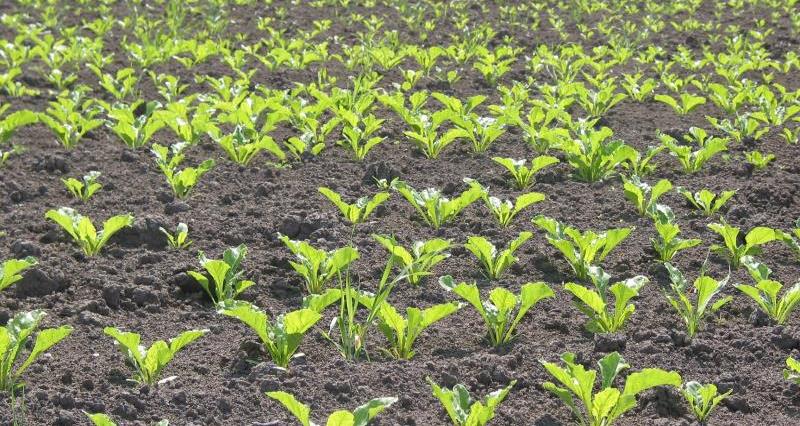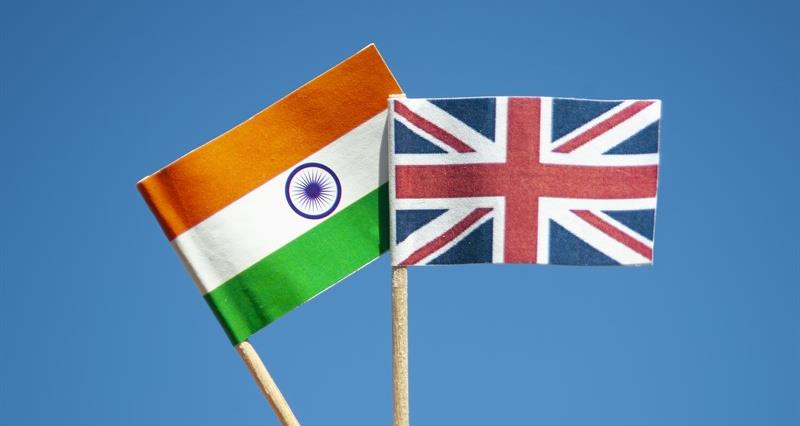The exclusion of concessions on sugar has been a key ask of NFU Sugar since negotiations with India began in 2022.
India is a major sugar producer and, typically, a significant exporter. Its production is heavily dependent upon an extensive programme of subsidies, price guarantees and other direct support.
The WTO (World Trade Organisation) ruled in 2021 that India’s sugar subsidy regime was illegal. However, with India having appealed against the ruling, and the WTO appellate body currently unable to process appeals, its illegal subsidy regime remains in place.
“The homegrown sugar industry is a true British success story and one of the most efficient sugar producers in the world.”
NFU Sugar Board chair Kit Papworth
What has NFU Sugar done?
NFU Sugar has campaigned hard on behalf of growers against the granting of concessions on sugar, highlighting that preferential access to the UK market for Indian sugar would unfairly force UK beet growers to go toe to toe with a production system propped up by an extensive, and illegal, government subsidy regime.
It has presented its concerns to numerous officials, multiple trade ministers, and even taken its case to No.10 Downing Street. Following the general election, NFU Sugar has continued to alert decision makers to the threat posed by Indian sugar throughout a series of MP farm visits.
‘True British success story’
“We strongly welcome the government’s decision not to grant concessions on sugar within the UK’s free trade agreement with India,” said NFU Sugar chair, Kit Papworth.
“The homegrown sugar industry is a true British success story and one of the most efficient sugar producers in the world, but it already faces significantly increased competition following considerable market liberalisation post-Brexit.
“We look forward to seeing the government’s continued commitment to a level playing field on trade as it considers the ATQ for raw cane sugar for 2026 and beyond.”
More from �ʼһ���:



